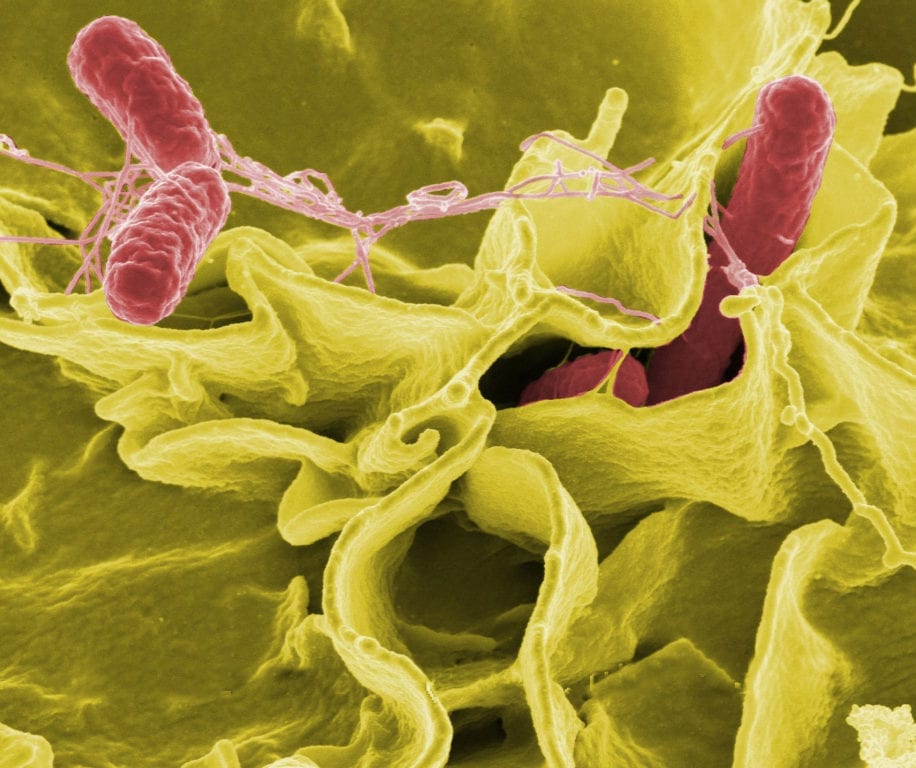Multiple Sclerosis is a disease of the brain and spinal cord. In patients with MS, their immune system attacks the protective myelin sheath that usually covers nerve fibers. These nerve fibers are the ones that make sure there is proper communication between the brain and the rest of the body.
As the disease progresses, the nerves can deteriorate or become permanently altered. As a result of this, some symptoms of MS include numbness or weakness in the limbs, partial or complete loss of vision, prolonged double vision, tingling in the body, pain in the body, tremors, slurred speech, fatigue, dizziness, and bowel problems.
There is no cure for MS, but there are a few treatments available that aim to slow disease progression as well as aid in MS attack recovery. Moreover, new research by Mayo Clinic has revealed possibly a new treatment approach.
According to their findings which were published in the Cell Reports journal, Mayo Clinic researchers pinpointed a human gut microbe that may help in treating autoimmune diseases like MS.
To come across this discovery, Mayo researchers tested gut microbial samples from patients on a experimental mouse model of MS. Of the three different bacterial strains, researchers found one that successfully suppressed immune disease in the preclinical model of MS: Prevotella histicola.
Though this is still an incredibly recent discovery, and scientists do not want to make any quick assumptions, they have evidence to believe that that this microbe treatment of autoimmune diseases (like MS) deserves further study.
A Mayo Clinic gastroenterologist, Dr. Joseph Murray, M.D., is super excited about what this could mean for the future of treatment: “If we can use the microbes already in the human body to treat human disease beyond the gut itself, we may be onto a new era of medicine,” he states.
He continues to explain, “We are talking about bugs as drugs.”
This specific microbe, prevotella histicola, comes from the human intestine. Researchers found substantial evidence that prevotella histicola is effective in decreasing two types of pro-inflammatory cells and increasing certain cells that fight the disease (T-cells, dendritic cells and a type of macrophage).
As a result, researchers think they have good reason to believe that this gut microbe has the potential to treat MS, a condition caused by an attack by the immune system.
Lastly, Dr. Murray explains, “[Some patients] don’t have this same type of bacteria, so a lot of patients probably lack this bacteria or families that are related to this bacteria, and giving this bacteria to someone on a regular basis might be giving something that’s missing.”
Research for this project was funded by the U.S. Department of Defense and the National Multiple Sclerosis Society. To read more about this cool new hypothesis and research, click this link.







